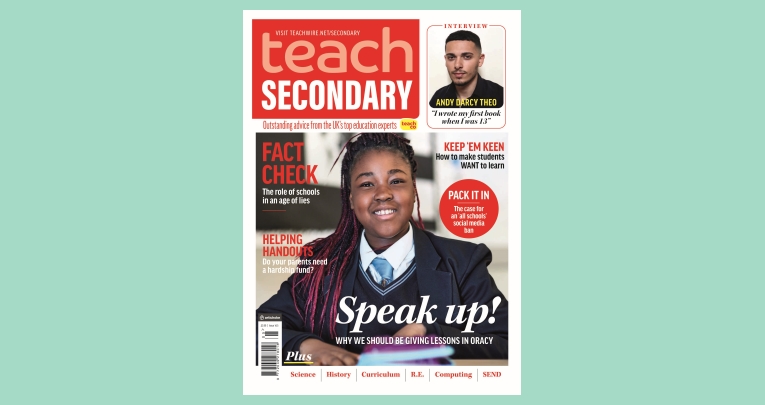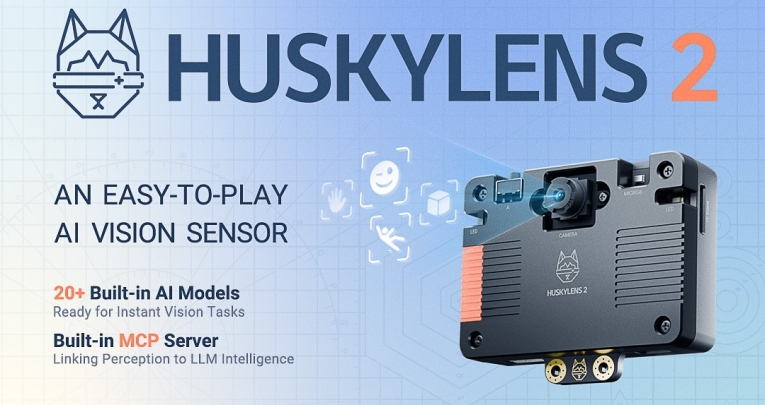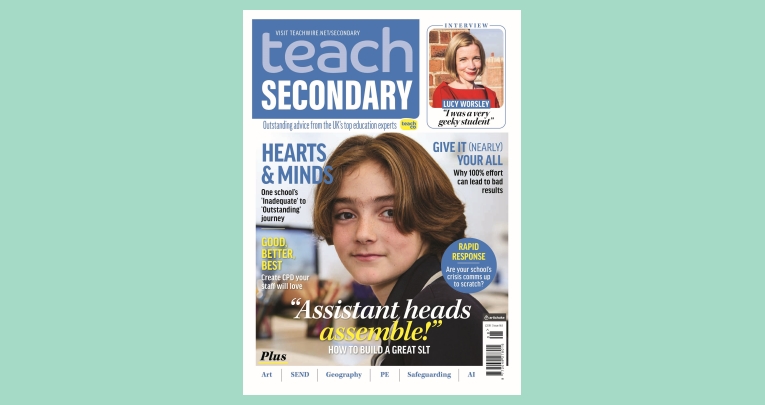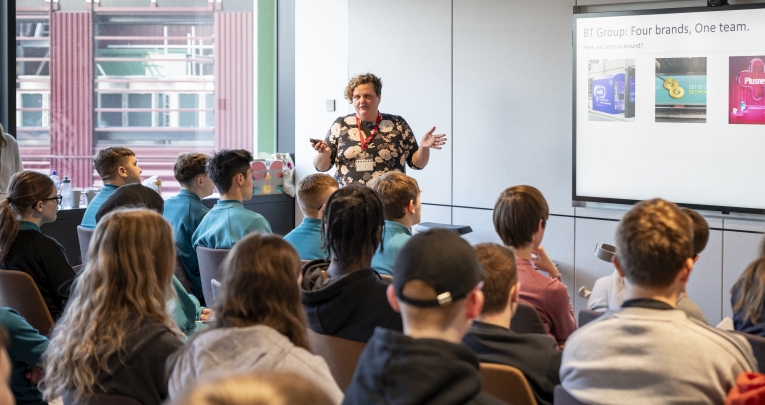It’s a question that should have an obvious answer, but nonetheless one I’ve found myself asking more and more lately – what are we teaching for?
Not the content of the curriculum, or the structure of lessons, valid topics for discussion though those are. I mean the actual purpose of teaching itself. Given all the knowledge, resourcing and effort that goes into providing children and young people with an education, what’s our actual goal here?
Because I don’t know about you, but when I switch on the news these days, or go online, it can often feel as though our systems of governance and wider media ecosystem are actively working against many of the basic values, principles and moral lessons that teachers presumably want students to take away with them into adulthood.
It’s bad enough when news breaks of yet another violent atrocity perpetrated by an individual acting alone. What makes it so much worse is the spasm of social media finger-pointing that now routinely follows those chaotic initial reports – was the perpetrator on ‘our team’ or ‘one of them’?
School students are taught the importance of keeping a cool head, establishing the facts and not letting things spiral after silly altercations in the playground. Our supposedly grown-up keyboard warriors have evidently either forgotten such lessons, or now wish to actively subvert them.
“A good RE teacher can do much to encourage the kind of moral interrogation and self-reflection the world could really do with right now.”
Then there’s the seemingly unstoppable encroachment of AI into the search engines and websites we all use.
We ask students to cite their sources, weigh up evidence, corroborate their findings. Our tech overlords suggest that we simply scan their AI-produced (and source-obfuscating) summaries before moving on.
Oh, and let’s not forget that these are the same people who thought nothing of unleashing assessment-breaking, essay generation ‘tools’ on the world, and making them free to use.
Now, to be fair, we can, as Anthony David suggests on page 40, meet the implications of AI head-on by embracing what humans are best at, and become a better version of ourselves. We could also, as pointed out by Andrew K. Shenton on page 33, familiarise younger generations with the tell-tale signs of disinformation as early as possible.
And if we’re looking for a reason to keep going, the deeper ‘whys’ of what we do, then as Andy McHugh points out on page 66, a good RE teacher can do much to encourage the kind of moral interrogation and self-reflection the world could really do with right now.
Yes, there’s plenty of fear, recrimination and irresponsibility around at the moment, and it’s not going away any time soon, but it can be resisted. And that’s why we teach.
Enjoy the issue,
Callum Fauser – Editor
callum.fauser@theteachco.com










